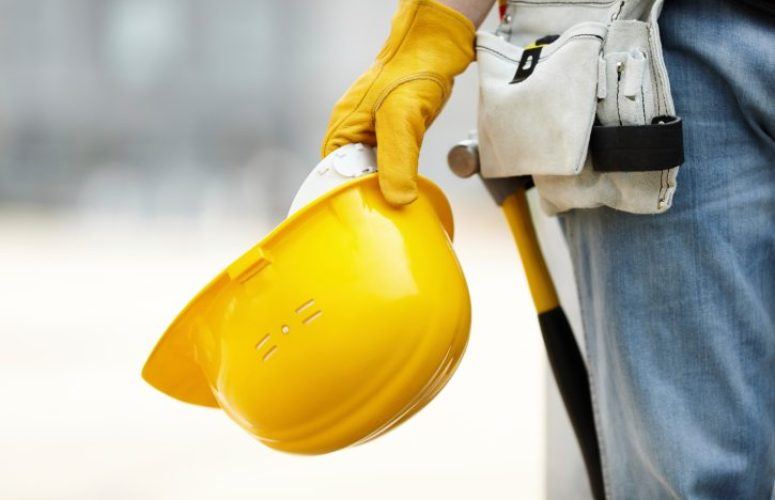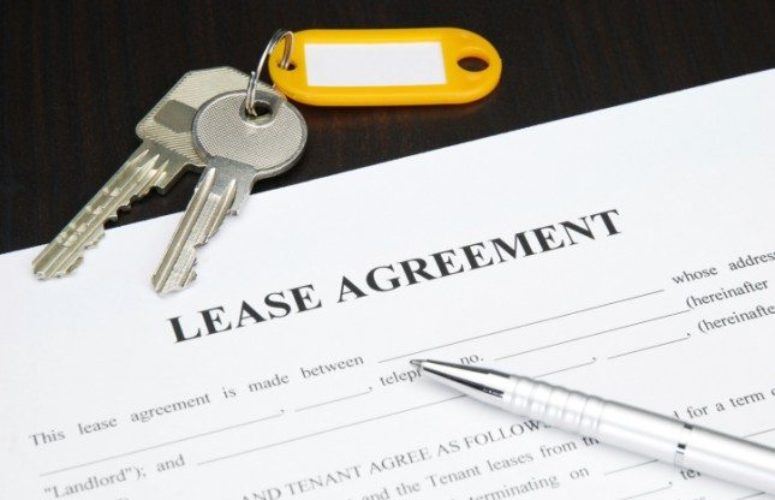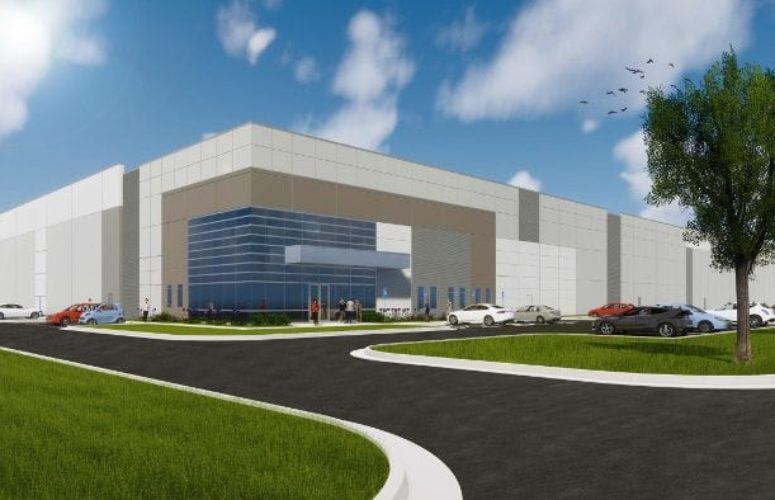
EDA Launches 21st Century Redevelopment Program
On Oct 11, 2018The New Jersey Economic Development Authority (EDA) announced a program that will provide planning grants for communities to develop solutions for repurposing local vacant or underutilized commercial and retail properties. The program advances Gov. Phil Murphy’s commitment to “Investing in Communities” – one of the four pillars of his plan announced last week for a Stronger and Fairer New Jersey economy.
“The 21st Century Redevelopment Program presents an opportunity for communities to focus on creative ideas for repurposing dormant properties in ways that contribute to the economy rather than drain valuable resources,” said EDA CEO Tim Sullivan. “Our expectation is to not only provide funding that will help address a particular community’s specific challenges, but also identify strategies to share with similarly situated communities.”
Suburban offices and shopping malls that boomed during the 1980s and 1990s have since become empty as a number of demographic and economic trends have resulted in an outmigration of jobs and population. Communities that are home to these empty properties are experiencing loss of tax revenues, costs of maintaining infrastructure and roads around these properties, and a lack of resources to solve these issues.
The 21st Century Redevelopment Program will launch as a pilot round of up to $250,000 in funding available in the form of planning grants of up to $50,000 per recipient. Communities can apply for funding through the 21st Century Redevelopment Program to support ideas that focus on a number of elements including, but not limited to:
- Determining cost-benefits of retrofitting, redeveloping or regreening a property or properties;
- Driving economic growth for the facility and region;
- Creating greater social, economic, and environmental sustainability;
- Expanding affordable and multi-family housing;
- Attracting employers and a diverse, talented workforce
- Expanding entrepreneurial opportunities and supporting local businesses;
- Promoting walkable neighborhoods and improving accessibility and mobility;
- Connecting to public transportation; and
- Improving livability and healthy outcomes for local population.
Applications will be accepted on a rolling basis, and will be scored by an evaluation committee based on publicly available scoring criteria. Projects that achieve a minimum score will be recommended for grant funding. Applications will be evaluated on a first come, first serve basis, according to the date the EDA receives the completed application.
As a condition to receiving the grant funding, grantees will be required to participate in at least two events hosted by the EDA to share lessons learned from the planning process to foster a dynamic discussion about repurposing stranded assets and to assist similarly situated municipalities.
Also announced today by the EDA, a second round of funding through the Innovation Challenge will be made available for communities for the development of economic development plans to augment their local innovation ecosystems. This announcement supports “Investment in Communities” and “Making NJ the State of Innovation” – both pillars of Governor Murphy’s economic development strategic plan.
The decision to make a second round of funding available through the Innovation Challenge comes as a result of a successful pilot round first introduced in July, which resulted in nine communities being awarded planning contracts to help advance a variety of innovative proposals. The nine communities receiving planning contracts through the pilot round were: the City of Bridgeton, the City of New Brunswick, Passaic County, the City of Trenton, Atlantic County, the City of Atlantic City, Camden County, Union Township, and Monmouth County.
Through this second round of the Innovation Challenge, up to $500,000 will be available in the form of grants of up to $100,000 each for plans that may focus on several key areas including, but not limited to:
- Increasing opportunities to grow or expand clusters of dynamic companies;
- Encouraging the growth and expansion of incubators and other innovation-supportive real estate spaces;
- Providing STEM training and connections to careers; and
- Building a culture of entrepreneurship.
To access more business news, visit NJB News Now.
Related Articles:





